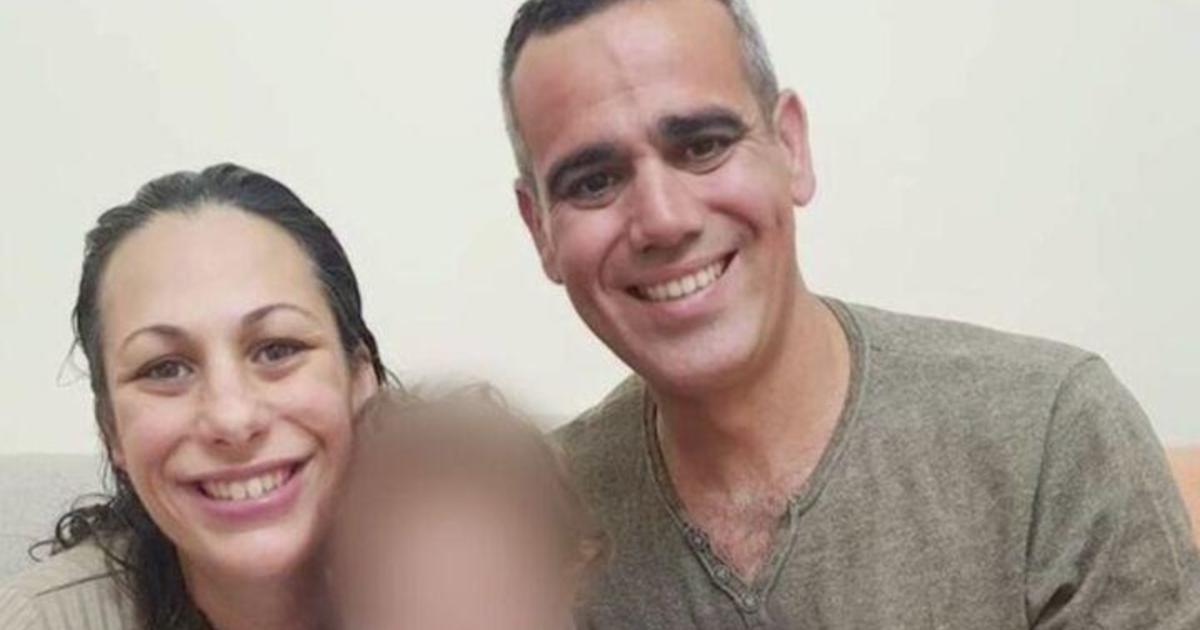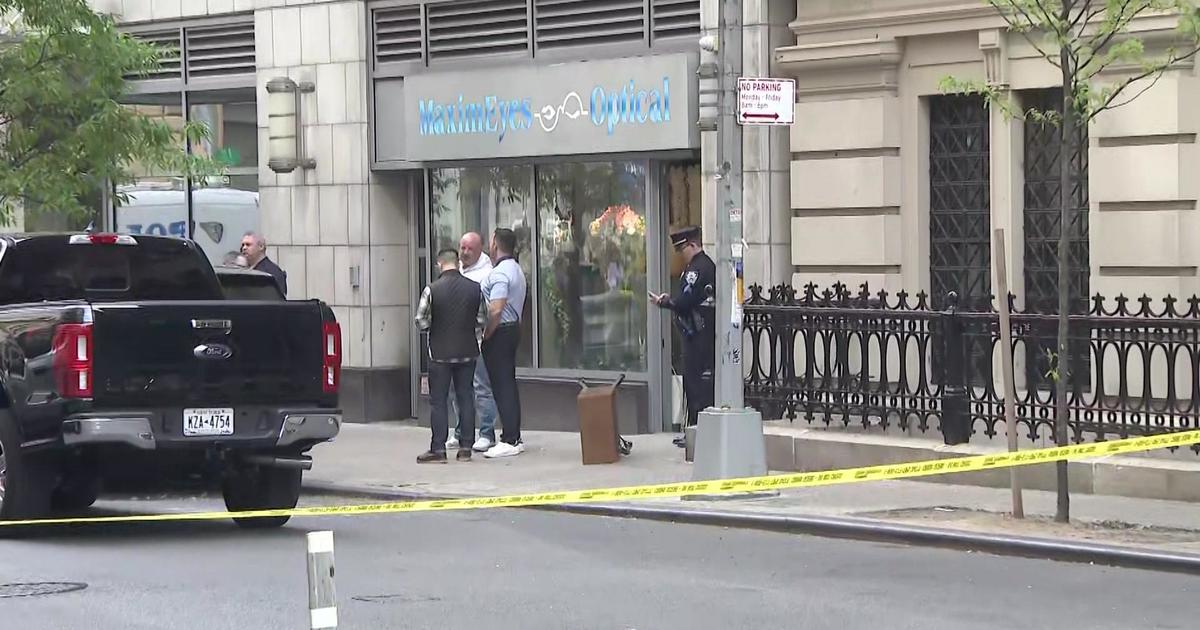CBS New York gets an exclusive look at new freezing treatments used to fight prostate cancer
BAYPORT, N.Y. -- September is Prostate Cancer Awareness Month, and Thursday, CBS New York's Natalie Duddridge got an exclusive look at new technology and freezing treatments to fight prostate cancer.
Sixty-nine-year-old Barry Lipsky, from Bayport, Long Island, has been getting regular prostate specific antigen (PSA) tests for years. Then last year, something showed up.
"That tracking was showing me that there was a progression towards an issue with prostate cancer," he said.
Lipsky had a biopsy. It was cancer.
The usual course of action is surgery to remove the prostate, then radiation, but Lipsky's doctor -- Michael Schwartz, chief of urology at Northwell Health -- suggested a new clinical trial.
"An option called focal therapy, which can offer men a choice with many less side effects and a much shorter recovery time," Schwartz said.
This is how it works: first, doctors use new imaging tools to more precisely isolate the cancer.
"We use the computer software to help us select an opening in that grid to insert a needle," Schwartz said.
Then, they freeze the area.
"Cryoablation of the prostate means that we are placing needles into the prostate, and they generate very cold temperatures around them, and it's cold enough that it can cause tissue destruction, and the part of the prostate that's treated with this will die," Schwartz said.
The treatment plan is so targeted, it spares the rest of prostate and allows patients like Lipsky to get back to his active lifestyle.
"Very active with the fire department as a firefighter EMT, and I'm a diving instructor ... I'm a very competitive runner and a distance swimmer," Lipsky said.
And his most important activity...
"I take care of grandchildren," he said.
This summer, Lipsky received the news he and his family were hoping for -- he was deemed cancer-free.
"I'm feeling great. I'm back to all those activities," he told his doctor.
Doctors encourage all men to begin PSA prostate testing once they turn 40.




